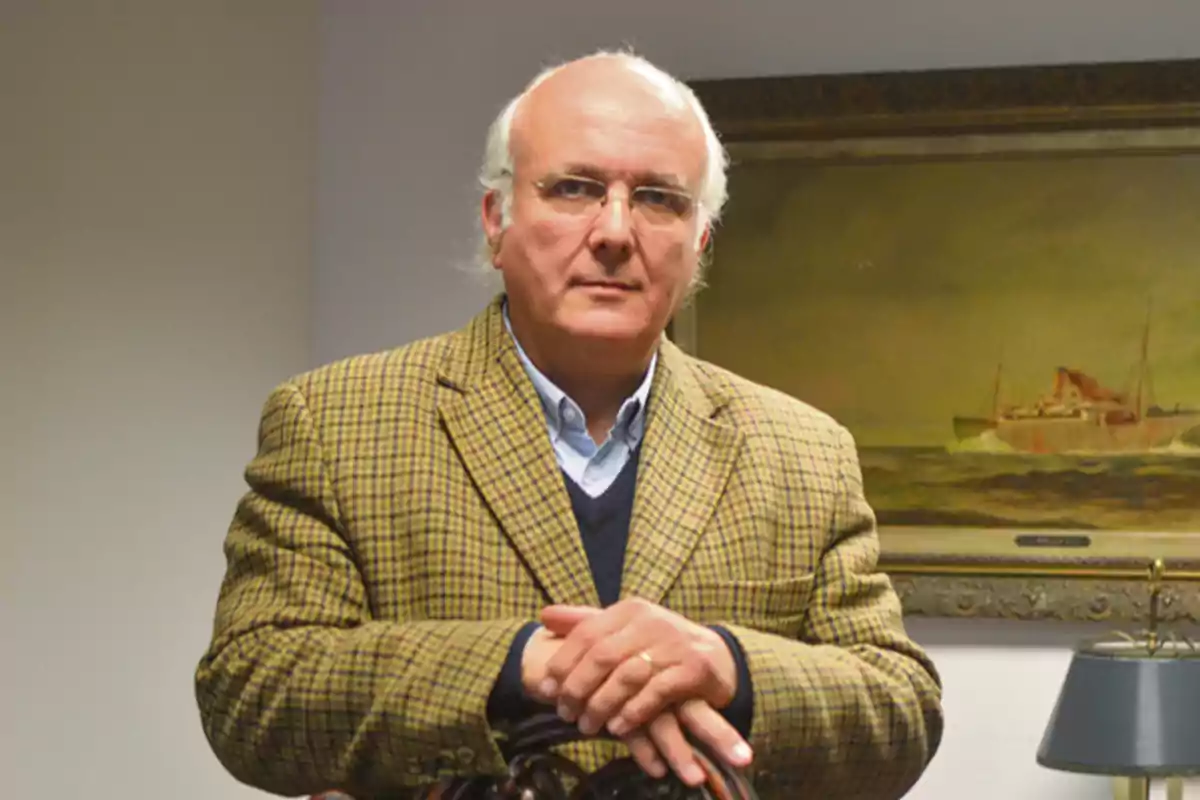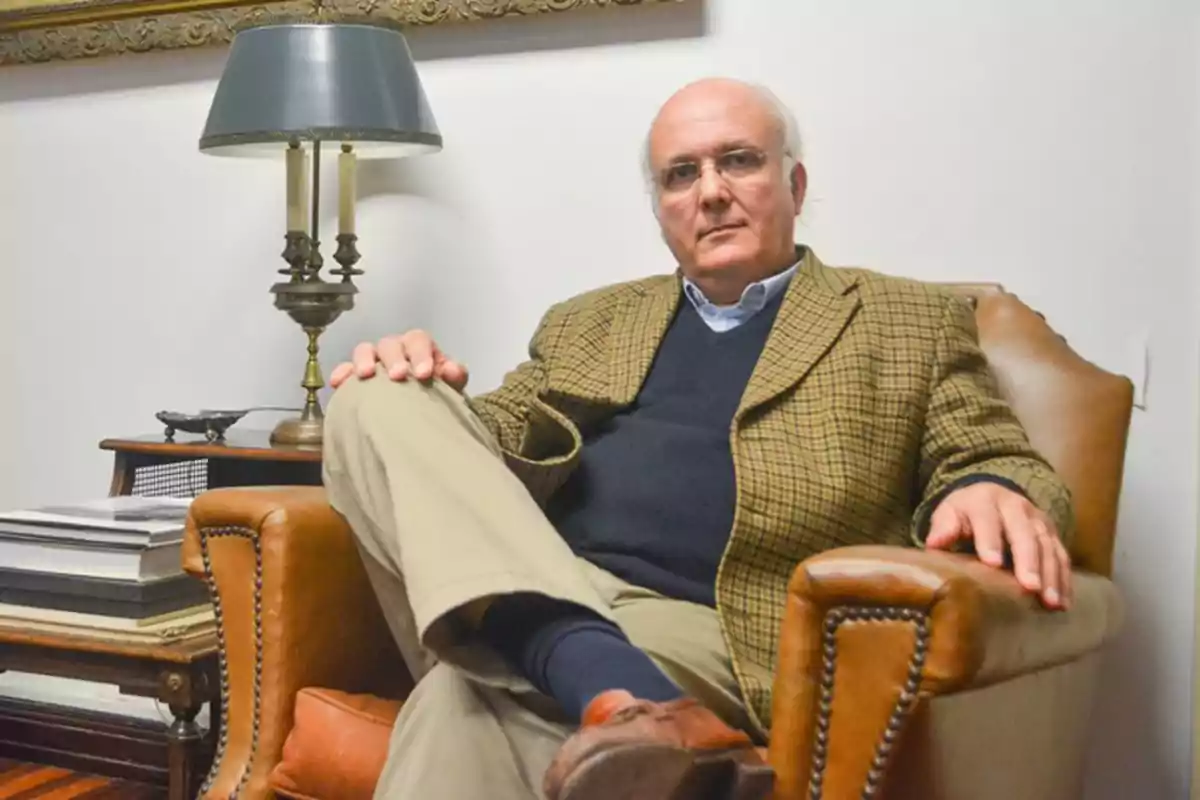
Gustavo Licandro praised Milei: 'The causes of inflation have already disappeared.'
The prestigious Uruguayan economist highlighted Argentina's historic shift under Milei's government
In an interview with the Uruguayan outlet La Mañana, the renowned Uruguayan economist Gustavo Licandro gave a broadly positive assessment of Javier Milei's government a year and a half after he assumed the presidency of Argentina.
Licandro was the main architect of the liberal economic reforms promoted during Luis Alberto Lacalle Herrera's government (1990–1995), where he served as Deputy Secretary of Economy and Finance.
Recognized for his technical expertise and his early assumption of office at just 28 years old, Licandro promoted policies aimed at economic openness, deregulation, and strengthening the private sector, marking a turning point in Uruguay's recent economic history.
In the interview, the Uruguayan economist highlighted the "unprecedented" change of course the country is experiencing, marked by fiscal balance, lower inflation, and market confidence, and stated that, if this path is maintained, the libertarian could become "one of the most important leaders in Argentina... and also in South America."
Licandro emphasized that Milei fulfilled "virtually all the economic promises" he made during the electoral campaign. "He hasn't disappointed in any way," he remarked, listing progress such as the adjustment of public spending, the sustained reduction of inflation, monetary reorganization, and the elimination of regulations and state controls. "The liberalization of the economy is advancing relentlessly and without pause, as it has since day one," he stated.
The end of inflation
Regarding inflation, he was categorical: "In my opinion, the causes of inflation have already disappeared." He attributed this change to the government's fiscal shift, which went from a primary deficit of 6% of GDP in 2023 to a surplus close to 1% in one year.

According to Licandro, this allowed for "the cancellation of monetary liabilities in local currency with a high financial cost in real terms," and helped generate a "genuine deflationary effect."
"Inflation and CPI are different things," he clarified. In his view, what the consumer price index still reflects is not inflation in the technical sense, but a correction of relative prices that had been artificially suppressed, such as those of energy, fuels, and transportation. "The monetary cause that provoked it has been controlled for several months now," he assured.
Lifting of currency controls
Regarding currency controls, the economist praised the prudence with which the government began to dismantle them in stages. He highlighted the establishment of an exchange rate band, within which the Central Bank doesn't intervene directly, as "a formula with many precedents in other countries," including Uruguay.
This policy seeks to provide predictability without affecting the BCRA's reserves and to prevent an excessive appreciation of the peso from impacting competitiveness and employment.
"With a positive fiscal result and a recovery in money demand, the exchange rate will settle at the floor of the exchange rate band," Licandro explained, warning that without this caution "there was a high probability that the exchange rate would collapse." In that context, he described the government's decision as "moderate, considered, and extremely prudent."

When asked for his overall view of the process Argentina is experiencing, Licandro did not hold back in his assessment: "If Argentine society keeps its current confidence, (...) we will undoubtedly have the first decidedly liberal government in South America in many decades."
He also highlighted the cultural value of the process, noting that "the left has been overwhelmingly winning the cultural battle in all our countries with a single exception since 2023: Argentina."
Finally, the economist concluded with a historical reflection: "Thanks to Carlos María de Alvear, Argentines and Uruguayans speak Spanish and not Portuguese, with Julio Roca the nation and patriotic sentiment are definitively born, and with Domingo Sarmiento public education arrives, which caused so much pride in the Río de la Plata. Perhaps we are witnessing a historic change toward a prosperous country, with an unknown ceiling for our generations."
With this perspective, Licandro not only praises Milei's government's economic policy, but also envisions a scenario in which Argentina becomes a regional model for South American nations that, until now, have not followed the true path of economic liberalism.
More posts: